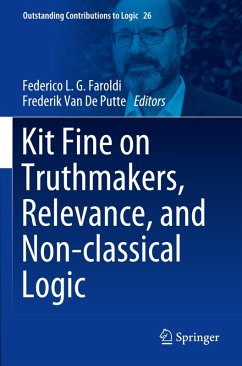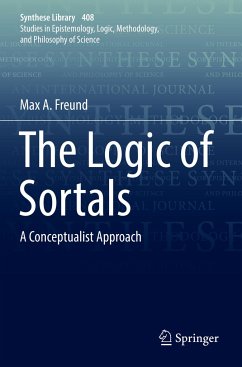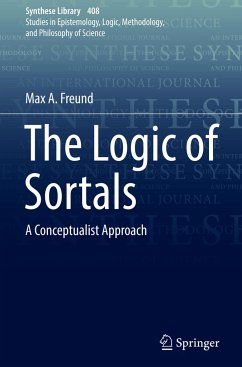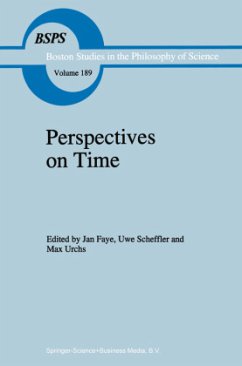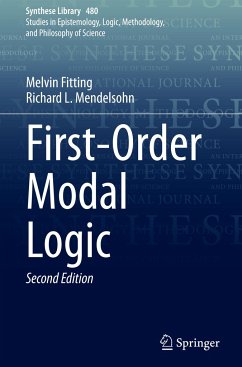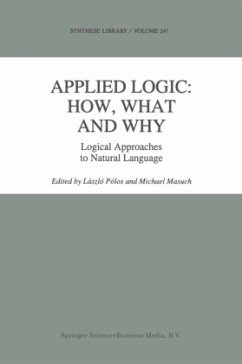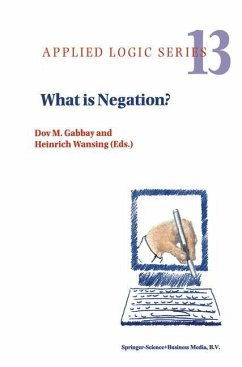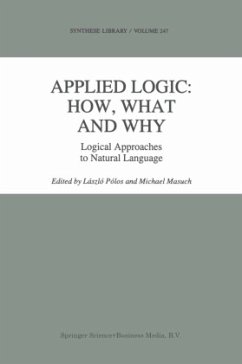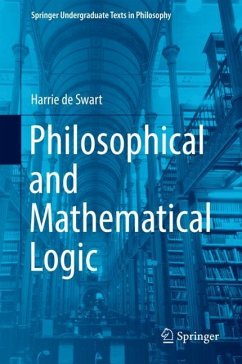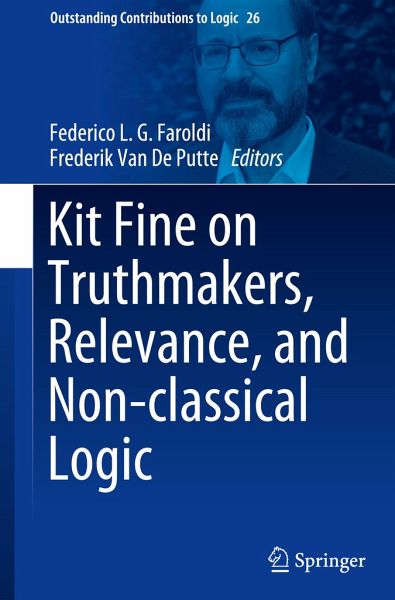
Kit Fine on Truthmakers, Relevance, and Non-classical Logic

PAYBACK Punkte
49 °P sammeln!
This book explores some of Kit Fine's outstanding contributions to logic, philosophy of language, philosophy of mathematics, and metaphysics, among others.Contributing authors address in-depth issues about truthmaker semantics, counterfactual conditionals, grounding, vagueness, non-classical consequence relations, and arbitrary objects, offering critical reflections and novel research contributions.Each chapter is accompanied by an extensive commentary, in which Kit Fine offers detailed responses to the ideas and themes raised by the contributors. The book includes a brief autobiography and ex...
This book explores some of Kit Fine's outstanding contributions to logic, philosophy of language, philosophy of mathematics, and metaphysics, among others.
Contributing authors address in-depth issues about truthmaker semantics, counterfactual conditionals, grounding, vagueness, non-classical consequence relations, and arbitrary objects, offering critical reflections and novel research contributions.
Each chapter is accompanied by an extensive commentary, in which Kit Fine offers detailed responses to the ideas and themes raised by the contributors. The book includes a brief autobiography and exhaustive list of his publications to this date. This book is of interest to logicians of all stripes and to analytic philosophers more generally.
Contributing authors address in-depth issues about truthmaker semantics, counterfactual conditionals, grounding, vagueness, non-classical consequence relations, and arbitrary objects, offering critical reflections and novel research contributions.
Each chapter is accompanied by an extensive commentary, in which Kit Fine offers detailed responses to the ideas and themes raised by the contributors. The book includes a brief autobiography and exhaustive list of his publications to this date. This book is of interest to logicians of all stripes and to analytic philosophers more generally.





